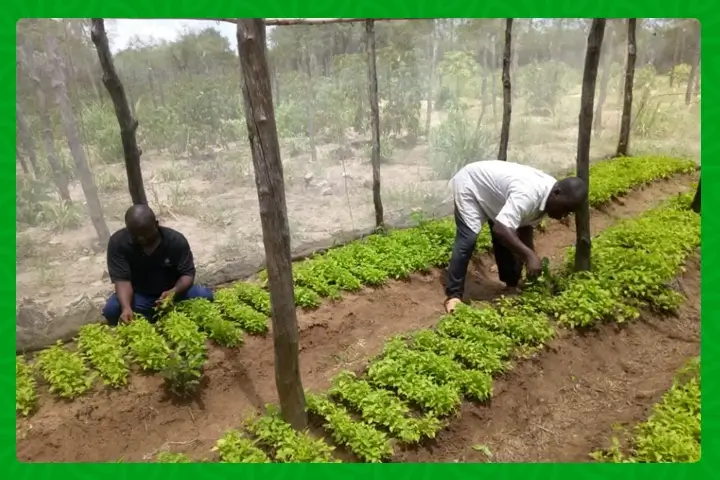
In a monumental stride towards transforming Kenya’s agricultural landscape, the United States Agency for International Development (USAID) has unveiled the Local Food Systems (LFS) project – a robust five-year initiative with a staggering investment of $50 million. The project, set to commence in the first quarter of 2024, is poised to revolutionize local food production and empower Kenyan farmers.
A Visionary Approach: Engaging the Entire Agricultural Ecosystem
The LFS project is not just an investment; it’s a visionary step towards addressing the challenges faced by Kenyan farmers. Covering 17 counties, the initiative is set to engage farmers, grower organizations, markets, transporters, counties, and the national government. Outgoing Chief of Party, Robert Mwadime, a seasoned expert in overseeing successful projects like the Kenya Crops and Dairy Marketing Systems (KCDMS), underscores the strategic alignment of LFS with the Bottom-up Economic Transformation Agenda (BETA) of the Kenya Kwanza Government.
Comprehensive Collaboration: A Holistic Approach from Farm to Market
Dr. Mwadime emphasizes the comprehensive approach of the project, involving all stakeholders in the agricultural value chain. From farmers to markets, the LFS project is geared towards creating a seamless collaboration that fosters efficiency and sustainability. The project is currently in the proposal submission and reviewing stage, with successful bidders soon to be announced.
Protecting Farmers, Boosting Economies: The Aggregation Model
A key component of LFS is the implementation of a food business aggregation model. Successful bidders will collaborate with farmer organizations to minimize losses and support growers in achieving economies of scale. Dr. Mwadime underscores the significance of this model, ensuring that farmers are shielded from exploitation by middlemen and unscrupulous traders.
Overcoming Barriers: Addressing Supply Chain Challenges
To enhance the supply of commodities, LFS will collaborate with markets to overcome barriers hindering the flow of goods. Transporters will receive recognition and support, ensuring efficient and timely transportation of food from farms to markets in optimal condition. Dr. Mwadime emphasizes the importance of constructing well-built, clean structures with modern storage facilities, guaranteeing the longevity of food commodities.
Aligning with Government Initiatives: Fertilizers, Inputs, and More
The LFS project aligns seamlessly with the Kenyan government’s efforts, including the provision of subsidized fertilizers and inputs to boost production. By assisting farmers under an aggregation model, the project aims to fortify them against exploitation and market uncertainties.
USAID’s Ongoing Commitment: $125 Million for Agricultural Resilience
During the close-out ceremony of the KCDMS program, Dina Esposito, Assistant Administrator of the Bureau for Resilience, Environment, and Food Security (REFs), based in Washington DC, reiterated USAID’s unwavering commitment to Kenya. She announced an additional $125 million in new activities for agriculture resilience and irrigation sectors, focusing on reducing poverty, improving household food security, and increasing access to essential services for over 1.5 million Kenyans.
Commendation from Agriculture Principal Secretary Dr. Paul Rono
Agriculture Principal Secretary Dr. Paul Rono lauds the KCDMS project for its pivotal role in transforming the lives of farmers and shaping the future of the agriculture sector. The Local Food Systems project stands as a testament to USAID’s dedication to continued investment in Kenya, steering the nation towards a more resilient and prosperous future.
Stay updated with the latest farming tips and agriculture industry news from Africa by subscribing to our newsletter. Don’t miss out on valuable insights and updates. Follow us on Twitter, LinkedIn, and Facebook to join our farming community and stay connected with us.



















